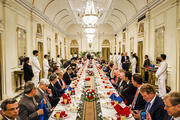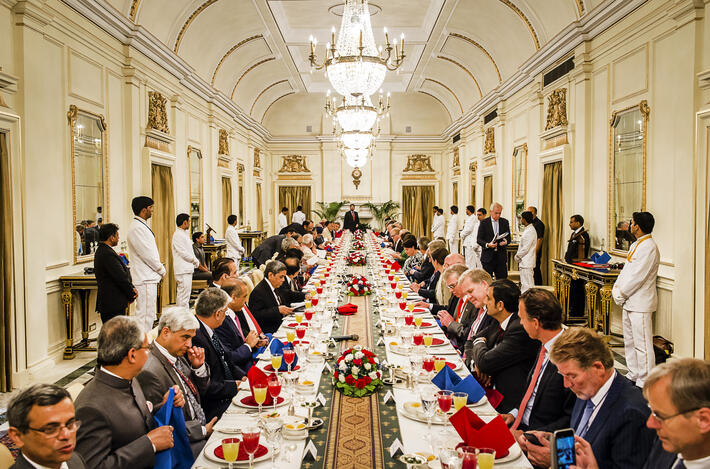The international business community is extremely concerned about the negative tone, and the lack of balance, in the debate on investment protection and investor-state dispute settlement (ISDS). Investment protection is indispensable in any investment regime or agreement. And ISDS is a necessary element of investment protection, not only in agreements with developing countries but in every agreement. It is an integral part of the system.
ISDS was created 50 years ago as an instrument to enforce the rule of law: to protect foreign investors against frequent arbitrary behaviour of host states and to guarantee them a fair process. Host states have much more power than foreign companies and there is always a risk of biased national courts. But now some in the public debate are turning the issue upside down. Investment protection is framed as a demonic instrument for evil companies to bar innocent states from promoting the public good. This is a caricature. The populist argument against ISDS is totally out of proportion.
According to Unctad, the world stock of foreign direct investment is close to $26tn. ISDS has existed for 50 years, during which there have been 568 documented cases. Of these, 274 have been decided upon: 43 per cent were decided in favour of the government, 26 per cent were settled and 31 per cent, about 85 cases, were decided in favour of the company. Only a very few of these led to public debate.
A trade diplomat of a large emerging economy recently said: If you compare the advantages of the total stock of FDI in my country with the number of ISDS cases we lost, it was a very good bargain. Seen in this light, ISDS does not justify the current highly emotional debate. This does not mean that the existing system should not be discussed. In the current debate, a number of issues have been raised: transparency of procedures, the compatibility of investment protection and governments ability to regulate, introducing an appeal mechanism, a new code of conduct for arbitrators, early discharge of frivolous claims, improvement of timing and enforcement, or alternative dispute resolution. It is the role of governments and organisations such as the OECD and Unctad to help de-escalate the discussion and make it rational and fact-based. Business is prepared to participate actively in the debate.
Winand Quaedvlieg
Chair of the Committee on International Investment, Business and Industry Advisory Committee to the OECD (BIAC)
27-11-2014


